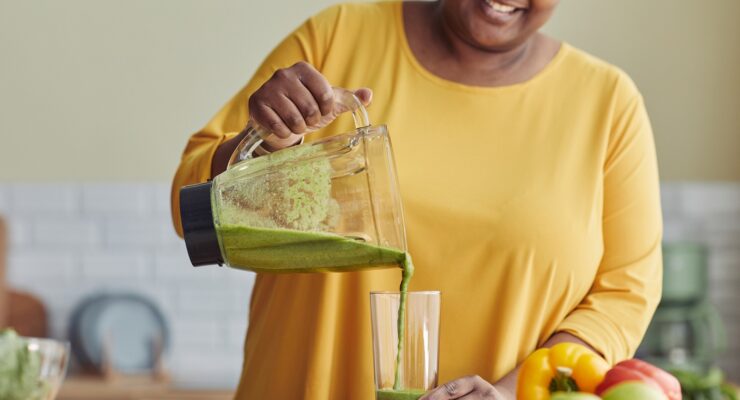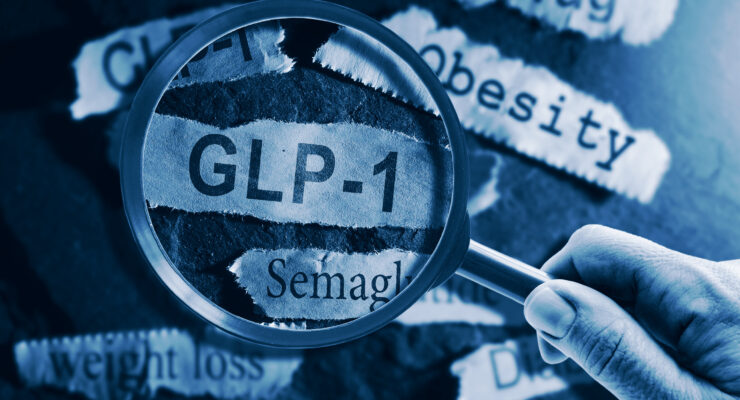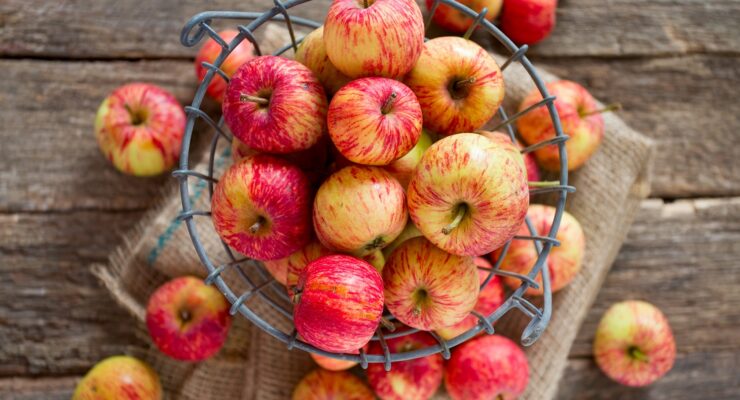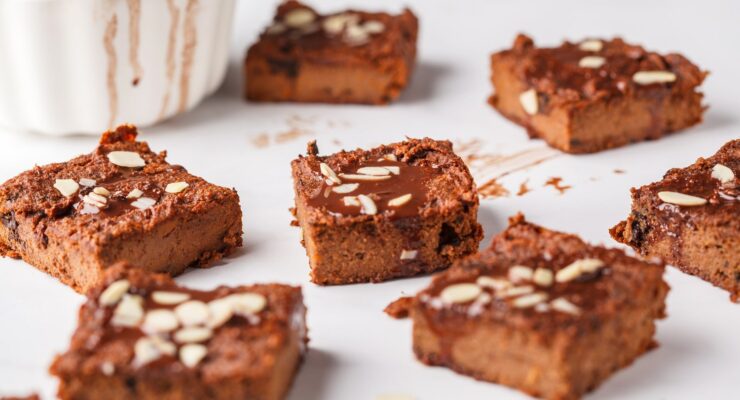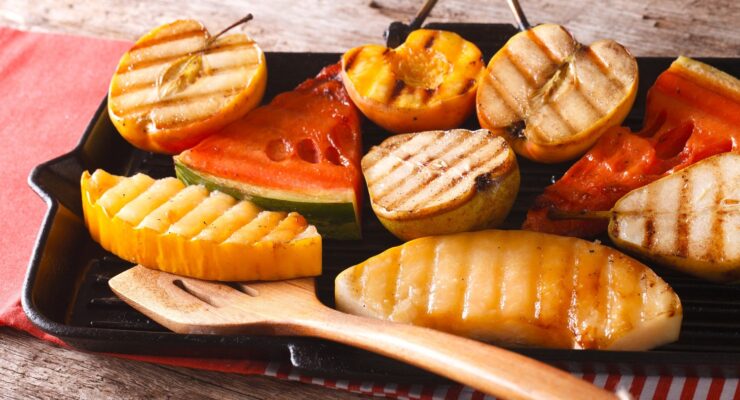5 Reasons to Put Down That Beer Right Now
Article posted in: Diet & Nutrition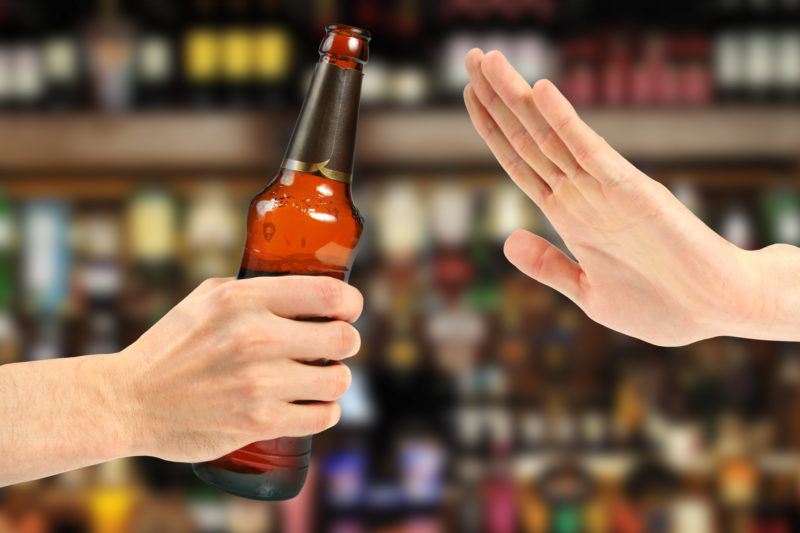
Sometimes in summer, there’s nothing better than a cold one. And when you’re trying to lose weight, it can be tough to give up an evening beer.
Most weight loss programs, including Nutrisystem, suggest avoiding alcohol all together while you’re on the plan—you save calories, eat more nutritious foods, and are more likely to stay on track. But if your Saturday doesn’t feel right without a brew, make sure you stick with just one of the lighter varieties, and drink plenty of water with it to help fill you up and help metabolize the alcohol.
But your results could be better and faster if you avoid it—and you could feel more satisfied on your plan if you avoid drinking. So consider putting down that beer.
Here are five reasons why:
1. It’s high in calories.
Even a light beer has 100 calories or more, with heftier brews like IPAs ringing in at 200 calories or more. That’s mostly because of the alcohol: It has seven calories per gram, compared to just four calories per gram for carbohydrates and protein and nine calories per gram for fat. If you’re on a reduced-calorie diet, that means one beer can be 10 percent or more of your daily caloric intake—and unlike protein, complex carbohydrates, or even higher-calorie fat, booze doesn’t help you get full or stay feeling that way for long. So your brew is eating up your day’s eating without providing much satisfaction.
2. And those calories are empty.
You’ve probably heard that when you’re on a diet, you shouldn’t drink your calories. Liquids are usually low on fiber and protein, nutrients that make you feel full and keep you feeling that way. But alcohol is a double whammy: Other drinks may provide some protein, complex carbs or fat—all nutrients your body needs to function. But alcohol is not a nutrient your body needs. When you’re on a reduced-calorie program, you want to make every calorie count—and alcohol doesn’t.
3. It may make you more likely to overeat.
Not only does beer have calories on its own, but you might eat more calories after drinking it. This is usually blamed on lowered inhibitions: When you’ve been drinking, a big, fatty cheeseburger and a pile of fries sounds way more delicious than when you’re sober. And if you smell it, scientists say, that greasy plate will literally smell more delicious than it normally does: In a 2015 study of 35 women, those who had alcohol in their system had a more sensitive brain response to food aromas, which led to eating more than those who were sober.
4. It dehydrates you, which could also make you less full after eating.
You’ve probably heard that when you feel hungry, you could really just be thirsty, and there’s some truth to that. When you’re dehydrated, meals can feel less filling: In a 2015 study from the Journal of Sports Science, researchers had male participants eat when they were either re-hydrated after exercise, or still in a dehydrated state. While both groups ate around the same amount, the dehydrated group felt less full—leaving them at-risk for eating again sooner. Alcohol dehydrates the body, so not only might you feel hungrier from less inhibitions and higher sensitivity to food smell, it might also make that between-beers greasy meal feel less filling.
5. And you could keep overeating for up to 24 hours.
When you’ve been binge-drinking, you’re more likely to overeat during that night and the next day—a fact confirmed not just by anyone who has had a hangover, but by a survey of more than 2,000 people. And “binge drinking” doesn’t mean taking down a 12-pack yourself: Just three drinks constitutes a binge, and can have big effects. In the survey, conducted in 2014, more than half of respondents said that a night of drinking resulted in a fast food binge in the 24 following hours, in some cases containing more than 2,000 calories above their normal intake. And what’s worse, it made them less active, too: Half of the respondents who said they’d binged had also canceled physical activities for the day after when drinking just fewer than four beers.



